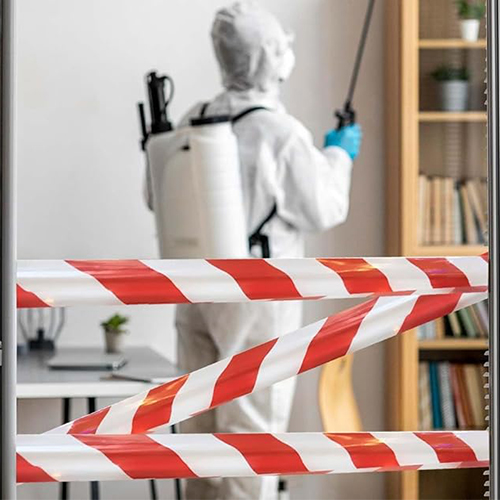Specifications:
- Types:
- Portable Handheld Monitors: Compact and easy to use, these devices can be carried by workers to measure heat stress levels on the go.
- Fixed Station Monitors: Installed in specific locations to continuously monitor heat stress conditions in a particular area.
- Wearable Monitors: Small devices worn by workers that track individual heat stress exposure and provide real-time alerts.
- Features:
- Temperature Measurement: Accurately measures ambient temperature to assess heat conditions.
- Humidity Sensors: Monitors relative humidity, a key factor in heat stress.
- Wet Bulb Globe Temperature (WBGT): Calculates WBGT, which considers temperature, humidity, wind speed, sun angle, and cloud cover to provide a comprehensive measure of heat stress.
- Heat Index Calculation: Provides a heat index reading to indicate perceived temperature and associated risk levels.
- Data Logging: Records measurements over time for analysis and reporting.
- Alarm Systems: Alerts users when conditions reach dangerous levels, prompting immediate action.
- Design:
- User-Friendly Interface: Simple and intuitive controls and displays for easy operation.
- Durability: Built to withstand harsh environments, including dust, moisture, and high temperatures.
- Battery-Powered: Many models are battery-operated for portability and continuous use without relying on external power sources.
- Real-Time Data Display: Provides instant readings and alerts to users, helping them make timely decisions.
- Compliance:
- Standards: Adheres to safety and health guidelines set by organizations such as OSHA, NIOSH, and ISO for heat stress monitoring.
Applications: Heat stress monitors are essential in industries where workers are exposed to high temperatures, such as construction, manufacturing, agriculture, firefighting, and mining. They help prevent heat-related illnesses by providing real-time data and alerts, ensuring that workers can take necessary precautions to stay safe. These devices are vital for maintaining workplace safety, compliance with health regulations, and the overall well-being of employees working in hot environments.







